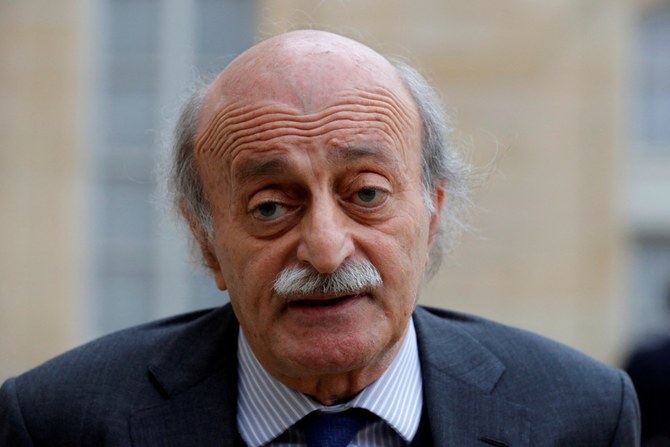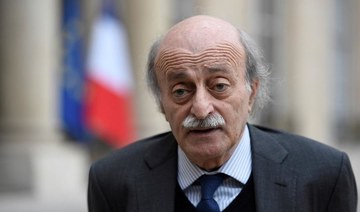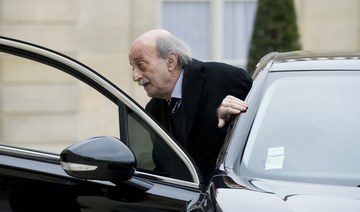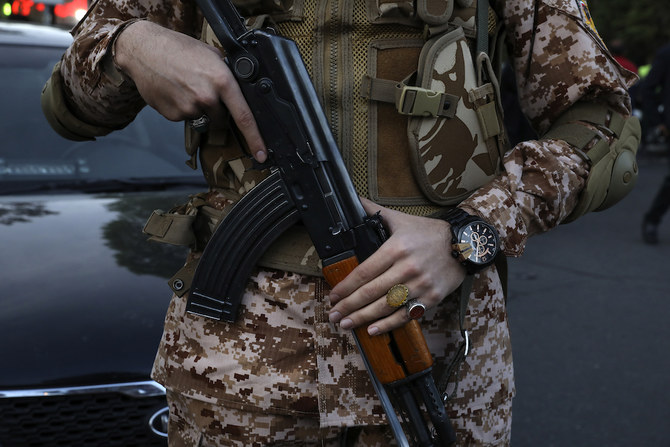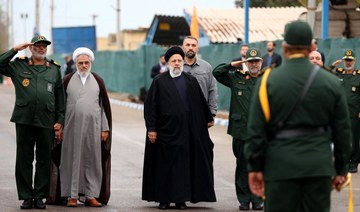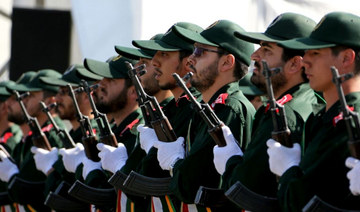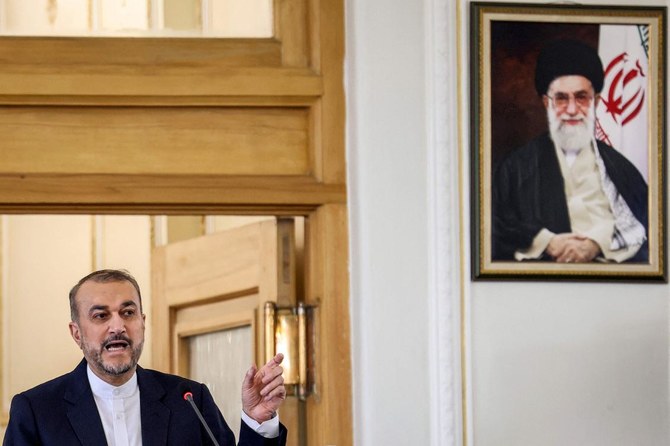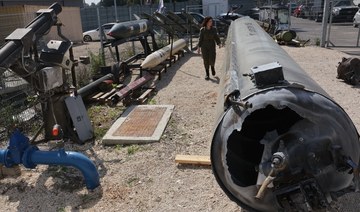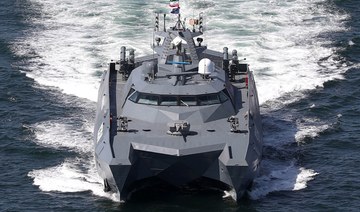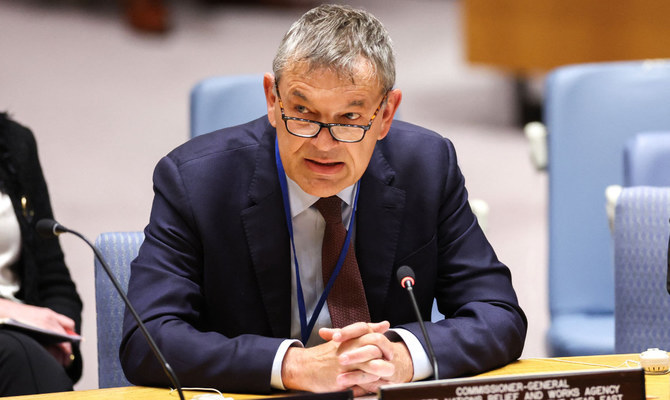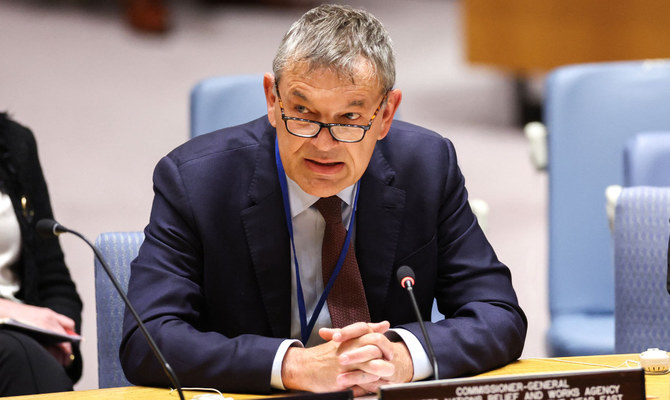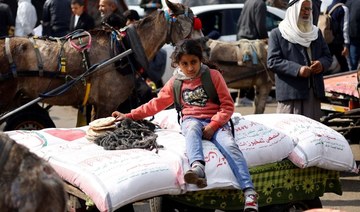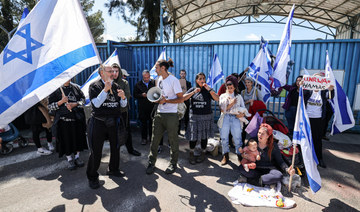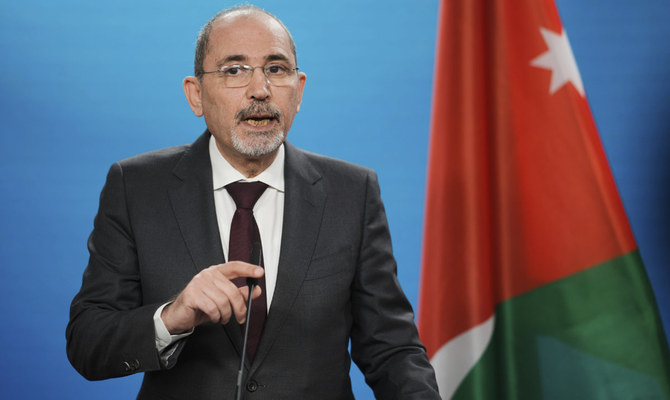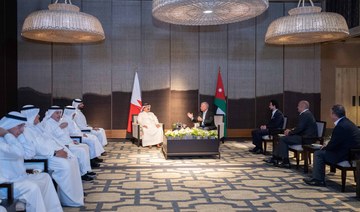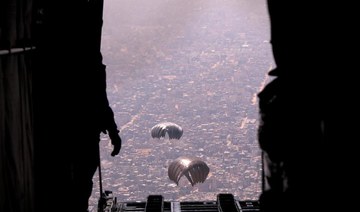BEIRUT: Lebanese politician Walid Jumblatt announced his sudden resignation as the head of the Progressive Socialist Party on Thursday.
A prominent Druze leader, Jumblatt led a party that has held a pivotal position in Lebanese political life since its establishment in 1949.
In his announcement, Jumblatt called for a general election conference on June 25, per the provisions of the party's constitution and internal regulations.
He entrusted the general secretariat with completing the necessary preparations, including issuing relevant notifications regarding nomination requests and withdrawal deadlines, and all conditions related to the electoral process.
Additionally, the secretariat will prepare lists of conference members and send out invitations.
Jumblatt's decision is rare as leaders typically do not voluntarily step down from their positions. Most leaders who participated in the Lebanese civil war continued to hold political positions they assumed after the war.
Jumblatt inherited the party’s leadership from his father, Kamal Jumblatt, who was assassinated on March 16, 1977. He led the party during the darkest stages of the Lebanese civil war.
Currently, the Progressive Socialist Party is represented in the Lebanese parliament by the Democratic Gathering bloc, headed by Jumblatt's son, MP Taymour Jumblatt, and consisting of nine MPs.
Taymour will likely assume the presidency of the Progressive Socialist Party through elections.
In 2017, on the commemoration of Kamal Jumblatt, the founder of the Progressive Socialist Party, Walid Jumblatt took the symbolic step of handing over the leadership mantle to his son by donning the abaya (traditional garment) for him.
This was a social, followed by a political gesture signifying the gradual transfer of the Druze leadership to his son in 2022.
In recent weeks, there have been reports of differences of opinion between Walid Jumblatt and his son Taymour regarding the approach to electing the next president.
Lebanon is currently experiencing a severe political crisis, as parliament has failed to elect a new president during 11 election sessions since September 2022.
This is in replacement of Michel Aoun, whose term ended in October 2022. Lebanon is now entering its seventh month without a president.
A political observer noted that Jumblatt had adopted a moderate stance in the presidential elections, considering the possibility of accepting the candidate supported by Hezbollah, Sleiman Frangieh, the leader of the Marada Movement.
“However, MP Taymour Jumblatt rejects this candidate and insists on new approaches. He emphasizes the need for a change in leadership and political performance in Lebanon,” he said.
Jumblatt has denied any differences with his son and expressed his desire to “make way for the new generation.” He said: “I have become part of history and the past, while the future belongs to Taymour and his vision.”
Zafer Nasser, the general secretary of the Progressive Socialist Party, told Arab News: “Jumblatt's resignation is an internal organizational move and a natural step in the electoral process.”
Asked whether the party's base would bring Jumblatt back to the party presidency or if his son Taymour would inherit the presidency, Nasser said: “Next week, we will open the door for nominations, and we will see who comes forward. I understand there are many questions but no answers at the moment. All I can say is that it is an organizational step, and we do not want to skip any stages.”
Nasser reiterated Jumblatt's statement that there are no political differences between him and his son.
Does Jumblatt's resignation signify his retirement from political work? “Resignation does not mean retiring from political work at all,” Nasser said.
Jumblatt is known for his opposition to the Syrian regime, particularly following the assassination of former Prime Minister Rafik Hariri in 2005.
He was one of the founders of the March 14 Alliance and participated in the Cedar Revolution against Syrian dominance over Lebanon.
Jumblatt also joined forces with Amal Movement leader Nabih Berri in the uprising on Feb. 6, 1984, in Beirut, which resulted in the downfall of the May 17 Agreement between Lebanon and Israel.
He entered parliament as an MP in 1991 after signing the Taif Agreement, which ended the civil war.
Jumblatt has held various ministerial positions, most notably as minister of public works, tourism, and migrants' affairs.
Jumblatt also testified as a witness before the special tribunal for Lebanon, tasked with investigating the assassination of Hariri. His testimony was considered directly related to the assassination operation and the reasons believed to have led to it.



